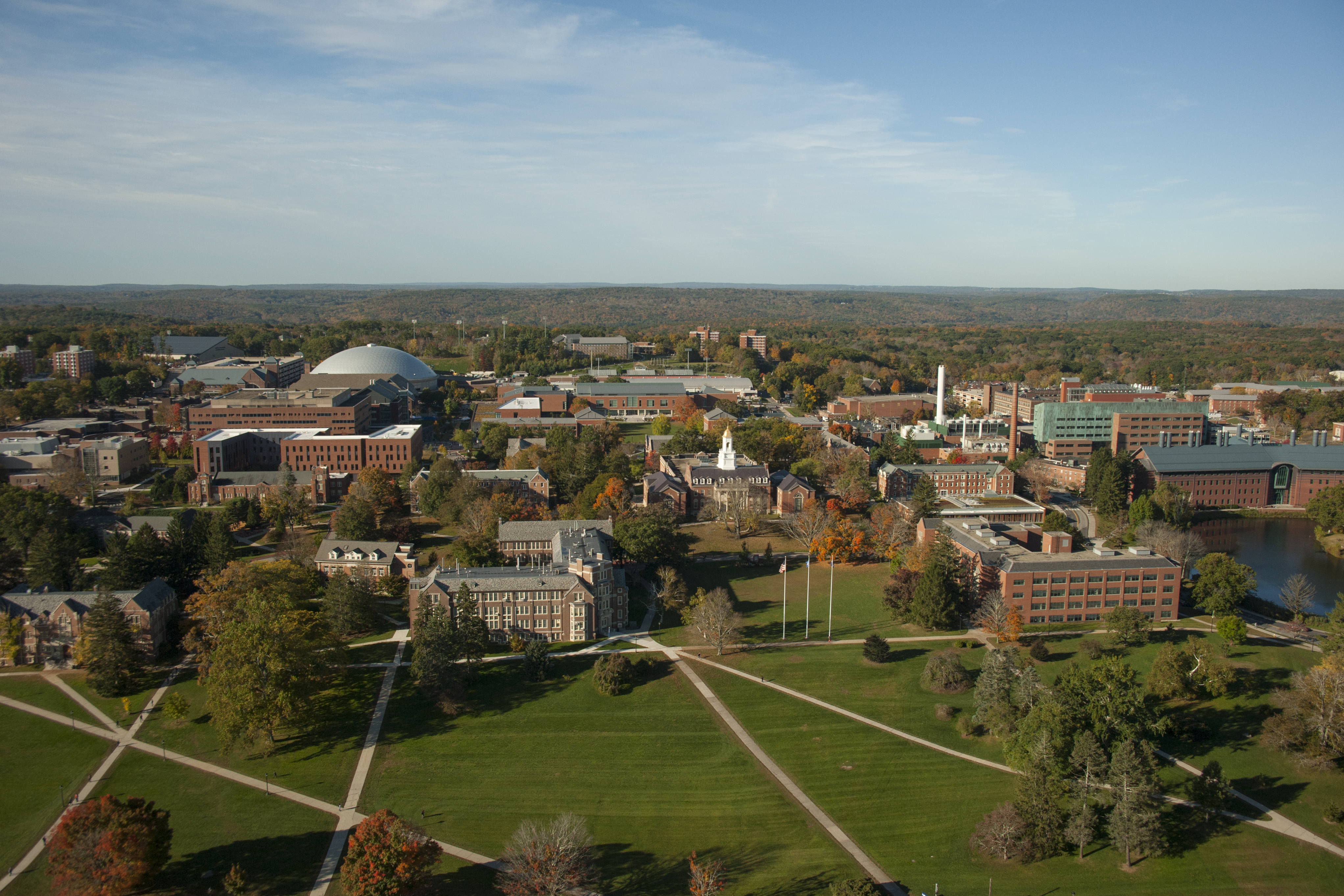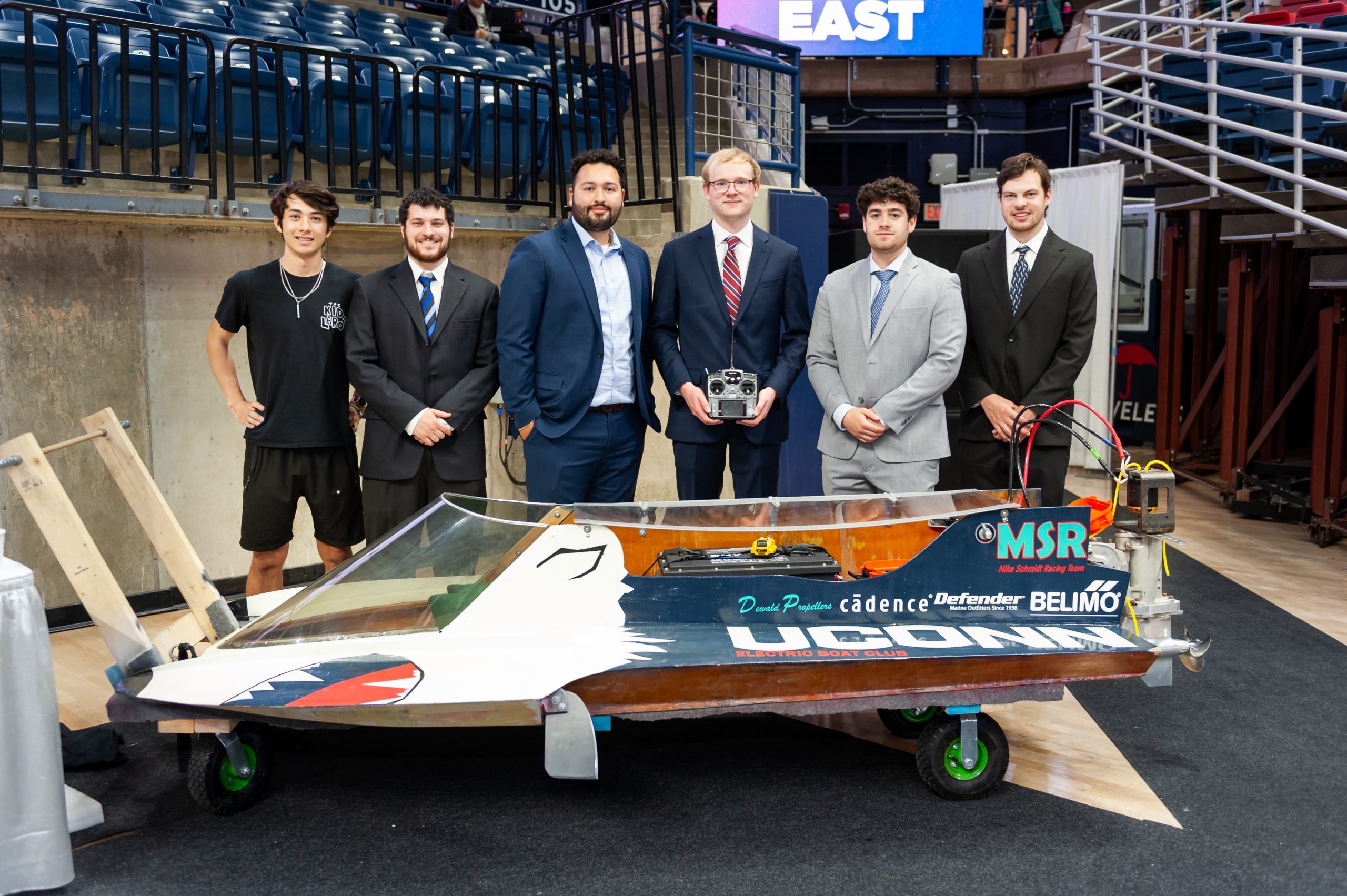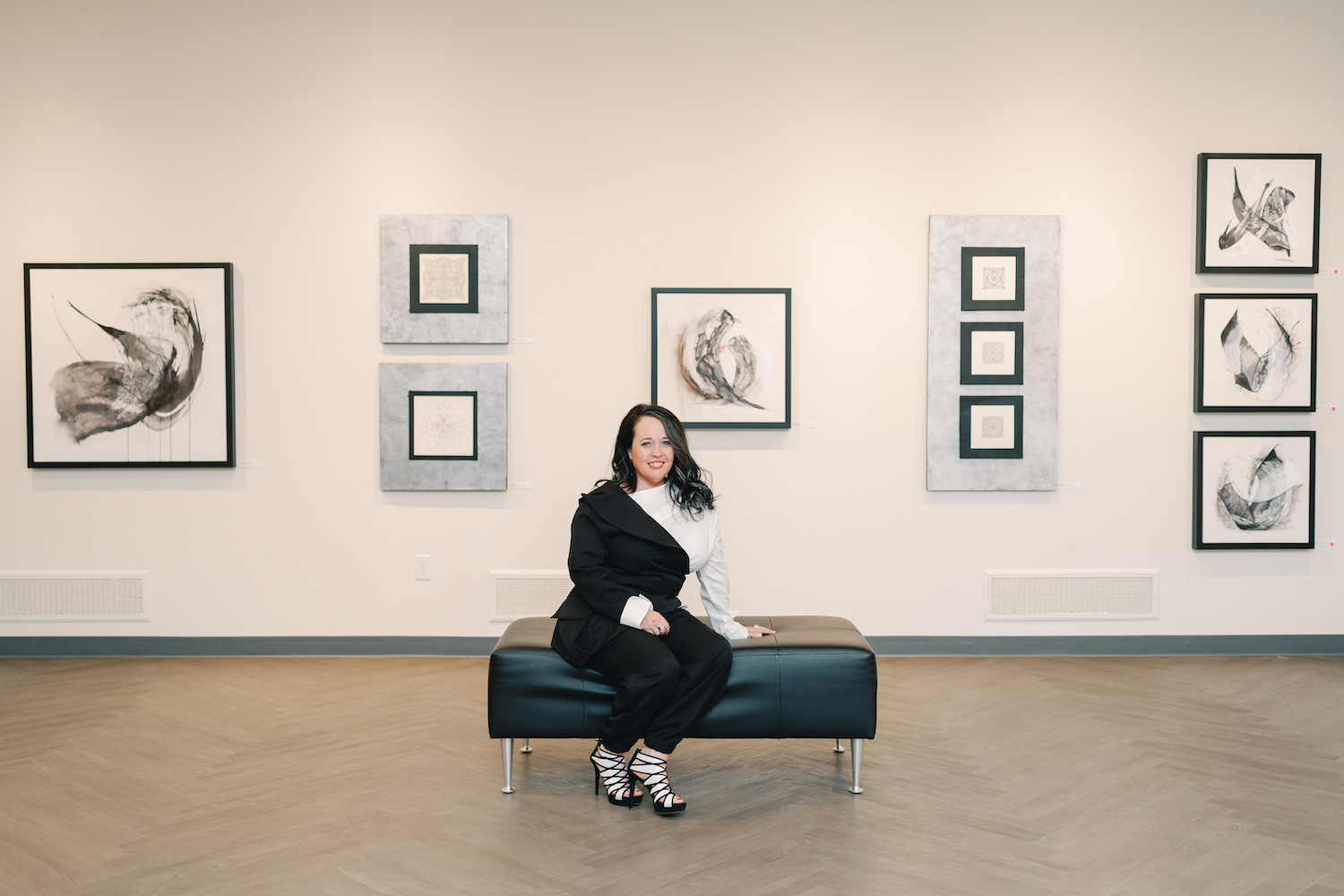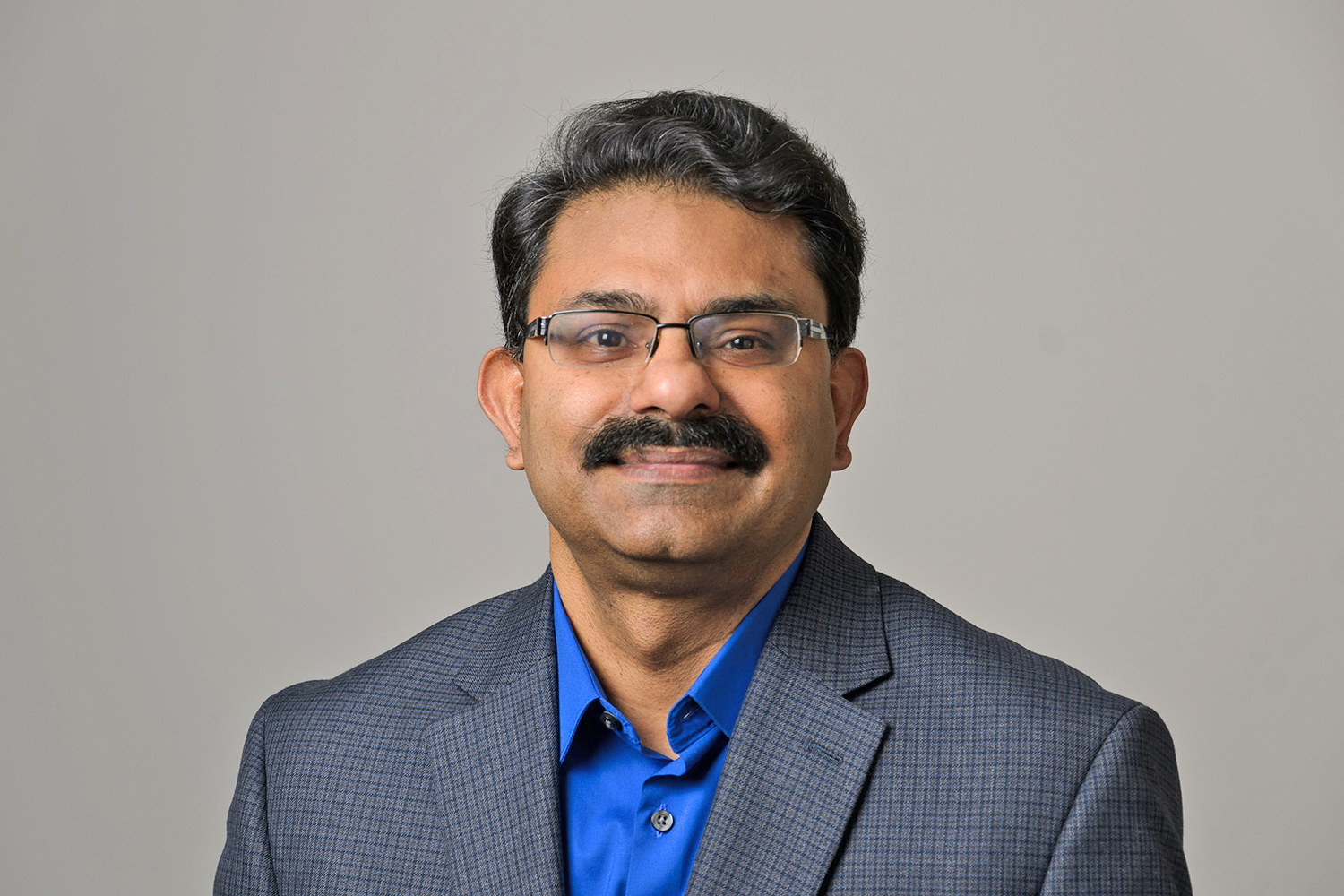UConn is currently offering undergraduate students a one-credit online course studying the COVID-19 pandemic, and it has reached an enrollment of over 4,000 – easily the largest in school history.
“The COVID-19 Pandemic: Impacts on Health, Business, and Society” began April 17 and will run through May 1. It is anticipated that the class could be offered again over the summer and possibly in the fall.
Other universities and colleges also have new courses on the pandemic, but what makes UConn’s distinctive is the multidiscipline manner in which it is being presented. The topics covered in the course range from the pure science of the virus to its effects on business and industry to the physiological toil it is taking on people.
“There is news coming from all different places, some of it factual, some of it not,” says Vice Provost for Academic Affairs John Volin. “We felt we needed to approach the subject with research-informed knowledge for our students. That is our job. We brought together an interdisciplinary group of 18 faculty members to develop this course in less than three weeks of planning. It’s extraordinary, but that’s what a great university does, it pivots.”
The course is being taught in three modules, the first dealing with the scientific underpinning of a pandemic; the second dealing with how pandemics are approached by the public health system, the media, and emergency response leaders; and the third exploring the effect pandemics have on businesses and workers.
The first module is being moderated by Lawrence Silbart, a professor in the Department of Allied Health Sciences.
“Sometimes I think online learning is a richer experience,” says Silbart. “It mimics more what is going to happen to a student in their professional career. You don’t live in a classroom. You work in teams, and these skills learned online will actually translate better to a working environment.”
He adds: “There are risks and benefits that come with teaching a class like this, where the subject is rapidly unfolding. So when you give a lecture today, a week from now what you are saying may not be relevant, or not even correct. But, I think it’s a good tradeoff because we are giving people really current information.”
Assistant Vice Provost for the Center for Excellence in Teaching and Learning Peter Diplock and Cheryl Eckert, a lecturer and academic advisor in Allied Health, are moderating the second two modules.
“Students are going to come out of this class with a solid grounding of the concepts and, at the same time, a deeper awareness of COVID-19,” says Diplock. “I learned more in Larry’s first 20-minute lecture than I did in the last three weeks watching the news.”
For many students, the course offers an opportunity to stay connected with the broader University community, Diplock says.
“There are many cases where a student has family members who have been affected. They are worried about their parents, who might be facing unemployment or a furlough. There is the added stress of studying at home. Having a community of people who understand what you are going through is really important.”
Students are graded on several quizzes through the course, but there are also optional exercises. One of these asked students at the beginning of the class to share in a few sentences their personal experience with the pandemic.
“We are responding as best we can to each individual,” says Eckert. “Many of these students are either truly negatively impacted or have a very thoughtful reaction. They have publicaly shared their interesting experiences and challenges. As an adviser, I am thrilled students have had this necessary opportunity, because I think they will discover that online learning is not as negative as some of them previously thought it was.”
Eckert also thinks that an online course increase the diversity of the enrollment.
“It’s really a beautiful thing to see the variety of response we have had,” she says. “You are constantly looking for diversity in your classroom, and that diversity is making an authentic contribution in this class.”
Stephanie Hardware is a junior Allied Health Sciences major from Bridgeport who enrolled in the class.
“My mom is a registered nurse at a hospital in New York and I wanted to be able to understand what she is dealing with as a nurse, alongside what her colleagues are up against, [because] her floor is all positive COVID-19 patients,” says Hardware. “This class has made me look at things differently because, before enrolling in the class, I knew little information on COVID-19. Now, after one module, I am going around and reiterating that information I have learned confidently.”
The course has extra meaning for senior Rebecca Bernardo, a nursing major from Newington. In August, she will join the nursing staff at UConn Health in Farmington, working in the med/surge oncology unit.
“It’s important for me to know the facts about the virus from different perspectives,” says Bernardo. “It helps me understand how it is impacting people in different ways. I think watching the news helps, but it’s really beneficial to learn from expert professors.”
**
Registration is currently open for a free, non-credit version of the COVID-19 course for UConn graduate students, faculty, and staff. The course begins on Wednesday, April 15 and registration is open through Friday, April 17.



